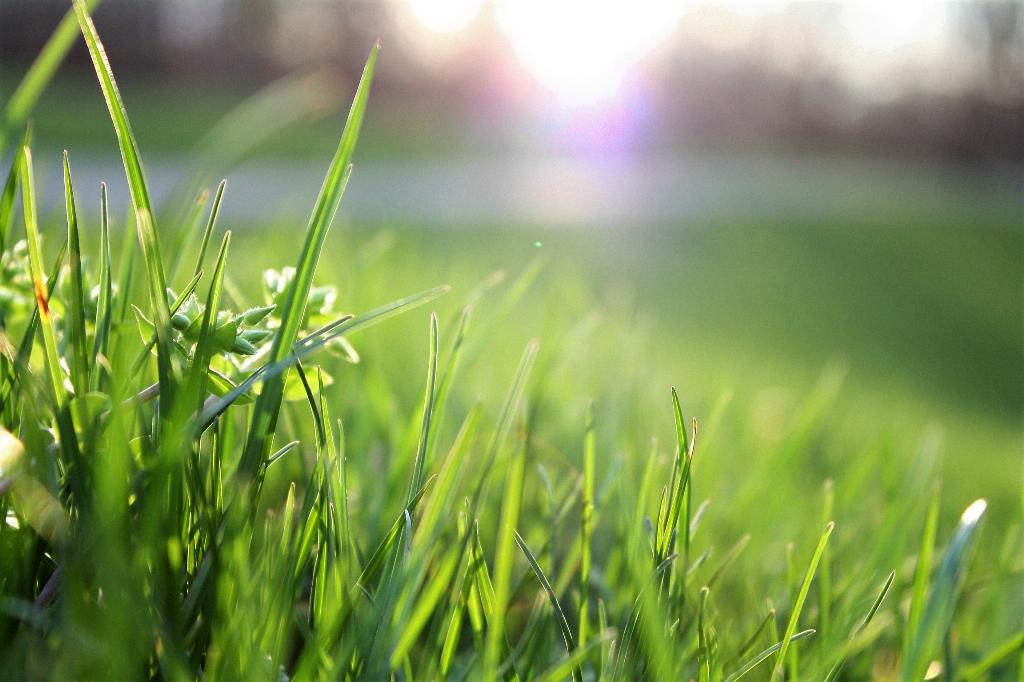Clover is a common weed that can quickly take over your lawn if left unattended. Its low-growing nature and shallow roots make it a persistent nuisance to deal with. However, with the right approach and consistent maintenance, you can effectively control clover growth and maintain a lush, clover-free lawn.
Adjust Your Mowing Habits
One effective way to control clover in your lawn is by adjusting your mowing habits. By raising your mowing height and allowing your grass to grow slightly taller, you can create a dense turf that blocks sunlight, making it harder for clover to thrive.
Hand Removal of Clover
If you spot clover in its early stages, you can consider removing it by hand from small areas before it has a chance to spread and flower. This manual removal method can be effective for targeting specific patches of clover without resorting to chemicals.
Utilize Herbicides
For larger infestations of clover, you may need to use herbicides to effectively control and eliminate the weed. Selective herbicides designed specifically for broadleaf weeds like clover can help you target the weed while ensuring your grass remains unharmed.
Ensure Proper Lawn Nutrition
Maintaining a healthy lawn can also help prevent clover from taking over. Make sure to fertilize your lawn regularly, as well-nourished grass can outcompete weeds like clover. Additionally, ensuring proper watering and soil pH levels can create an environment that is less conducive to clover growth.
Overseeding for Thick Turf
Consider overseeding your lawn with grass species that are known to grow thick and dense. A dense turf can help crowd out weeds like clover, preventing them from establishing themselves and spreading throughout your lawn.
Regular Aeration and Dethatching
Regular aeration and dethatching can help improve the health of your lawn and make it less hospitable to weeds like clover. By aerating your lawn, you can ensure that your grass gets the oxygen, water, and nutrients it needs to thrive, while dethatching removes buildup that can harbor weed seeds.
Maintain Consistent Lawn Care Practices
Consistency is key when it comes to controlling clover in your lawn. By adopting a regular lawn care routine that includes mowing, watering, fertilizing, and weed control, you can stay one step ahead of clover and other invasive weeds.
Consider Natural Remedies
If you prefer a more natural approach to weed control, there are several remedies you can try. Boiling water, vinegar, or homemade herbicidal sprays can be effective in targeting clover while minimizing the use of chemical pesticides.
Monitor and Address Clover Growth Promptly
Regularly inspect your lawn for signs of clover growth and take immediate action to address any emerging weeds. By staying vigilant and proactive, you can prevent clover from spreading and becoming a persistent problem in your lawn.
Collaborate with Lawn Care Professionals
If you find yourself struggling to control clover in your lawn despite your best efforts, consider seeking the help of lawn care professionals. They can provide expert advice, recommend tailored solutions, and implement targeted treatments to effectively manage clover and restore the health of your lawn.

Conclusion
Controlling clover in your lawn requires a combination of proactive measures, consistent maintenance, and targeted treatments. By understanding the nature of clover and implementing the strategies outlined above, you can successfully keep clover at bay and enjoy a vibrant, clover-free lawn that enhances the beauty of your outdoor space.
